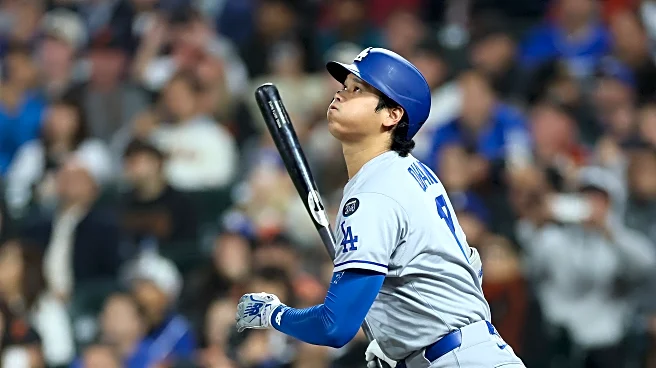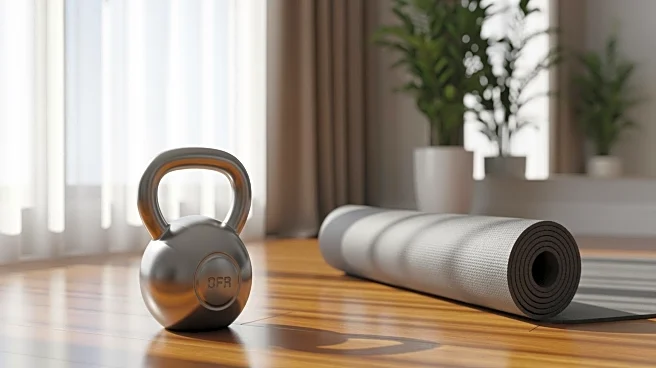When it comes to the Dodgers’ dismal second half this season, it’s easy to pin the blame on bad health. It feels like the team has had a new key player on the injured list each week, and I’m sure we’re
all sick of worrying about whether Shohei Ohtani or Max Muncy or Will Smith or anyone else will be feeling better quickly enough.
But there’s more to it than that, writes Jack Harris at the Los Angeles Times. There’s also a distinct lack of competitiveness, and that’s a far bigger problem than getting hit by a bad pitch.
The Dodgers have been holding daily hitters’ meetings with film sessions, more deliberately discussing plans for each at-bat during games, and renewing their focus on the fundamentals. It’s happened before, most notably in 2022 and 2023, when poor offense led to early exits from the playoffs.
Co-hitting coach Aaron Bates says it all comes down to too many players working individually to tweak their swings—a well intentioned, if misguided, approach.
“It happened incrementally, every day, little by little,” Bates said. “Where it’s like, you’re a little off, you want to see what’s wrong with your swing, and you don’t realize that it snowballs. Before you know it, you’re thinking so much about your swing, you’re off of the situations out there.”
Or as Shohei Ohtani said after the series opener against the Baltimore Orioles last weekend: “We’re a little too eager, and putting too much pressure on ourselves.”
This near-paranoia over swings seems to have swept the Dodgers clubhouse like a bad cold. How is it that everyone, all at once, has decided that their swing needs to be better right now and developed a sort of destructive tunnel vision around the issue?
We may never have an answer to that one. But right now, at least the Dodgers are all aware of the problem and working to stay on the same page. Freddie Freeman has been encouraging his teammates to focus on the team benefits from an at bat, rather than the individual outcomes.
“If you go 0-for-four but move a runner over four times, that’s a great game for us,” Freeman said. “It might not be for your stats, but you gotta throw that out the window.”
So in the end, it’s about more than just staying competitive—it’s about remembering that you’re competing as part of a team, not as an individual athlete with stats to pump up. Basic? Sure. But a reminder never hurts.









